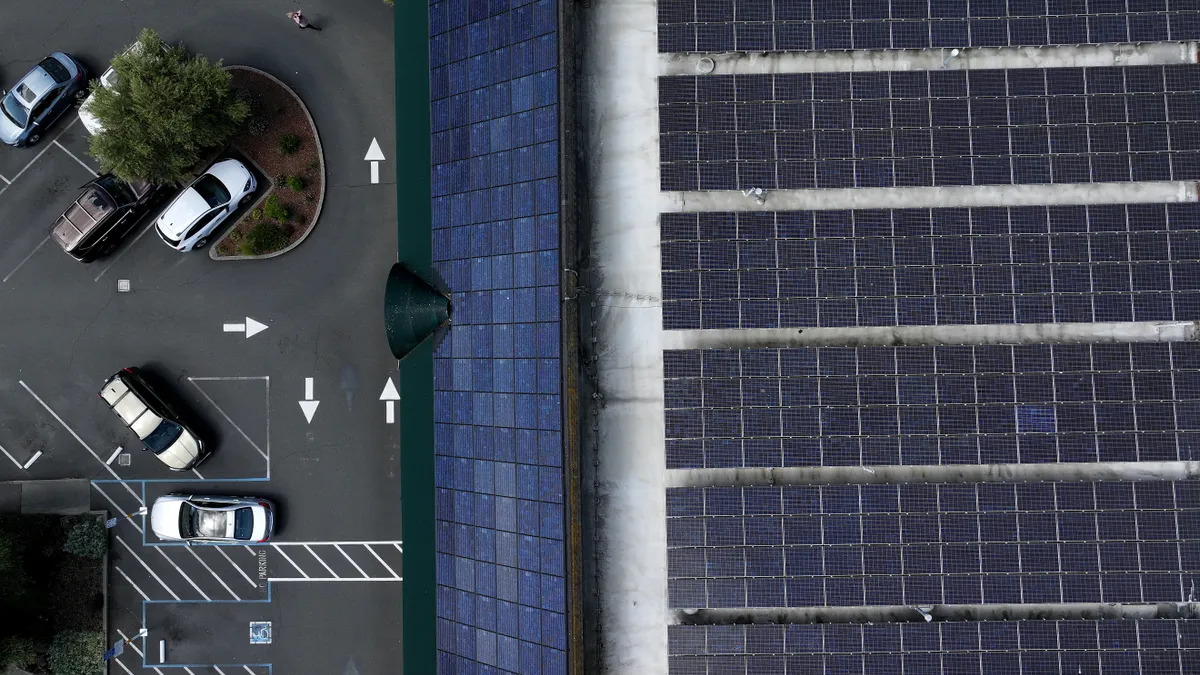Dive Brief:
- Puget Sound Energy, Microsoft and several other parties, including staff of the Washington Utilities and Transportation Commission, have reached an agreement that could allow the tech giant to fulfill its clean energy goals by buying power on the open market.
- Puget Sound Energy created a tariff in October to allow for a new retail service for large industrial or commercial customers to acquire energy from suppliers other than the utility.
- The settlement must still be reviewed by the three-member commission. But if regulators approve, then Microsoft would pay a $23.6 million "transition fee" to ensure PSE customers are not hurt by the company's decision.
Dive Insight:
Large corporations are increasingly looking to purchase green energy, either for sustainability goals or the savings (and sometimes both). According to an Advanced Energy Economy report last year, 71 Fortune 100 companies have set renewable energy or sustainability targets—up from 60 two years before.
Microsoft's deal with Puget Sound includes a promise that it will only procure carbon-neutral and renewable resources, maintain its contributions to PSE’s energy efficiency program, and pay more than $20 million, which PSE will return to customers through low-income energy efficiency services and renewable energy investments.
Along with the two companies and commission staff, the Public Counsel Unit of the Attorney General’s Office, The Energy Project, the Northwest & Intermountain Power Producers Coalition, agreed to the deal. Some large commercial names signed on as well: Sam’s West Inc., Walmart Stores Inc., and Kroger Co.
While Microsoft will shop for its power, large corporations looking to go green are building their own renewable projects instead. Amazon’s 208 MW North Carolina project came online last year and was the first utility-scale wind installation built in the Southeast.
Google, in December, said it expects to reach 100% renewable energy for its global operations this year, moving the company to the forefront of a corporate movement to ditch carbon-emitting power.















